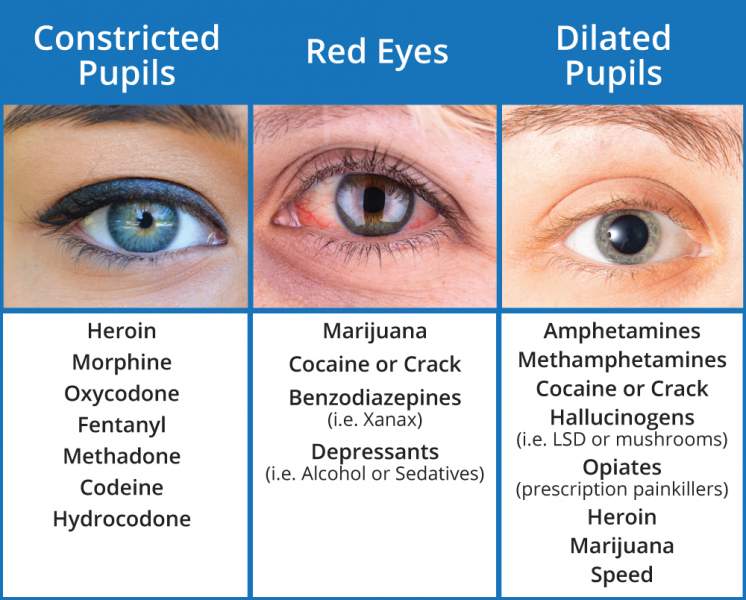Announcements
Here’s What School Nurses Wish Parents Knew
10 things to consider while your child is in school
August 27, 2024
“Our role is to help kids stay in school and be present to learn every day.”
“We don’t want kids to miss anything.”
Here’s what school nurses say will help parents prepare kids for a safe, healthy school year:
1. MAKE SURE PAPERWORK IS UPDATED ANNUALLY
The new school year officially begins on July 1, so resubmit any forms before the first day of school every year.
2. GET YOUR KIDS TO BED ON TIME
It’s tough to adjust to a new year after a summer of late nights and sleeping in, but sleepy kids can’t learn. “Manage what’s in their rooms so you can limit screen time.”
3. KEEP YOUR CHILD HYDRATED
Send a bottle water to school with your child or a water container so it can be filled up at the fountains made especially for these types of containers. There is no reason your child should be without water. Students are encouraged to carry water to class to stay hydrated. A hydrated body performs and a dehydrated body causes brain fog.
4. MAKE SURE KIDS HAVE BREAKFAST
Hungry kids aren’t going to be able to focus, so get kids to eat before they come to class. Set up the night before so it’s one less thing to do in the morning. For teens, send protein bars or cheese sticks in their backpacks if they don’t feel like eating right away.
5. ESTABLISH A RELATIONSHIP WITH THE SCHOOL NURSE
Meet your campus school nurse. Ask about how health-related issues are communicated, and what your preference is if you need to be contacted.
6. COMMUNICATE YOUR CHILD’S HEALTH CONDITIONS
This includes any condition for which your child may need emergency medication, such as diabetes, asthma, food sensitivity or allergy, or a bee sting allergy. “Your child’s school nurse is the connection to develop evidence-based emergency action plans for these types of conditions and to share them with the staff.”
7. TALK WITH THE SCHOOL NURSE ABOUT ANY FAMILY CONCERNS.
Sometimes kids complain of physical symptoms, such as a headache or stomachache, when they’re actually upset about something, such as a death of a loved one or pet, divorce, or other family event. “You can share whatever you feel is important if it impacts your child’s ability to flourish in school.”
8. TEACH YOUR CHILD RESPIRATORY ETIQUETTE/ GOOD HANDWASHING
This includes: teaching kids to cover their mouth and nose when coughing or sneezing, throwing away used tissues, and coughing or sneezing into your elbow, not your hands. Remind them about proper handwashing, too (sing “Happy Birthday” or “Row Your Boat” twice, while scrubbing the tops and bottoms of hands and between fingers).
9. KEEP KIDS HOME WHEN THEY’RE SICK
It’s tough to miss work, so have a plan in place if your child is ill and can’t go to school. Know what your school’s stay-home policy is. For example, for certain cases such as vomiting or diarrhea two or more times in the past 24 hours, fevers of 100.0 degrees F or higher, contagious skin infections, pink eye, and extreme sore throat and fever, you should contact your pediatrician and keep kids home.
10. COMMUNICATE WITH THE NURSE, COUNSELOR OR PRINCIPALS WITH ANY CONCERNS.
Communication is opening the door to success for your child.
Approximately three million Texans – 10.63% of the state population – use illegal drugs and another one million – 3.62% of the

